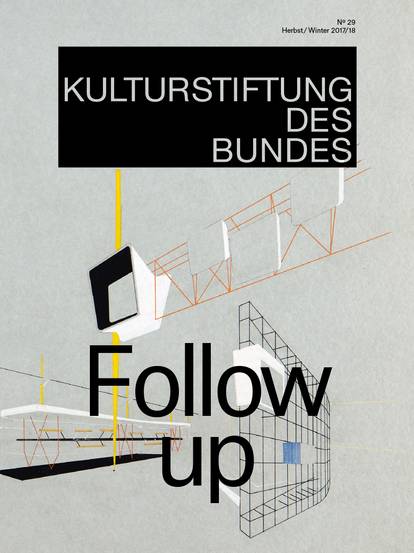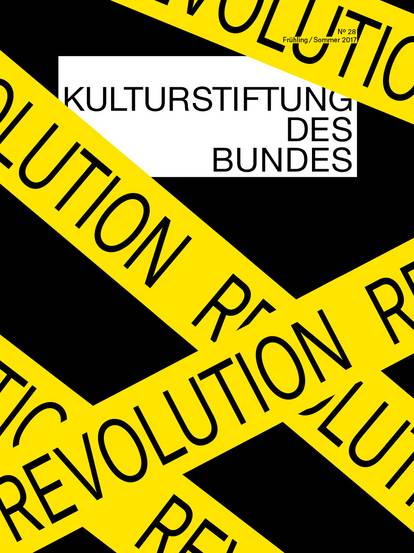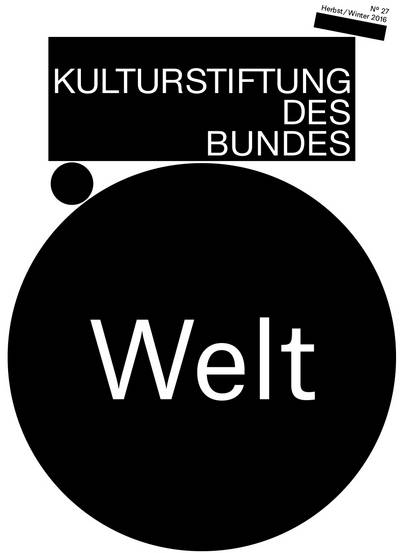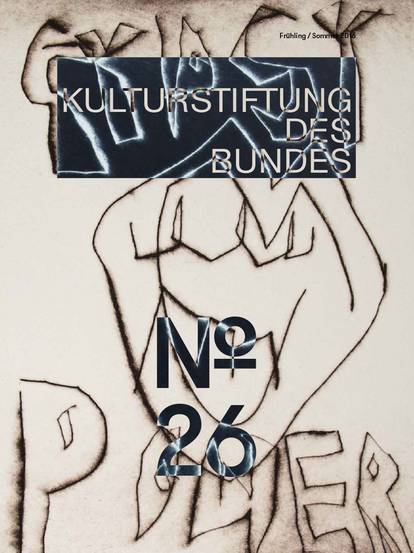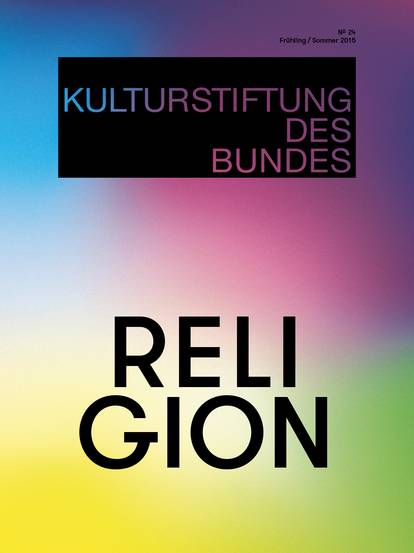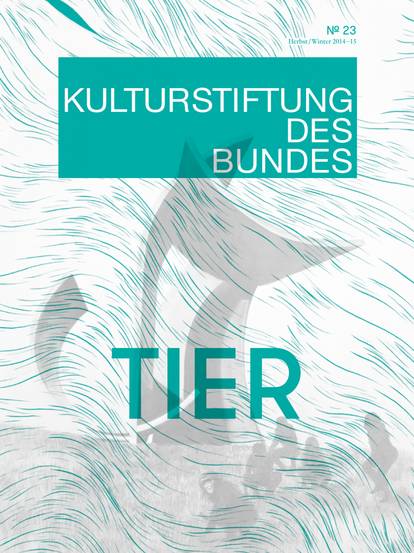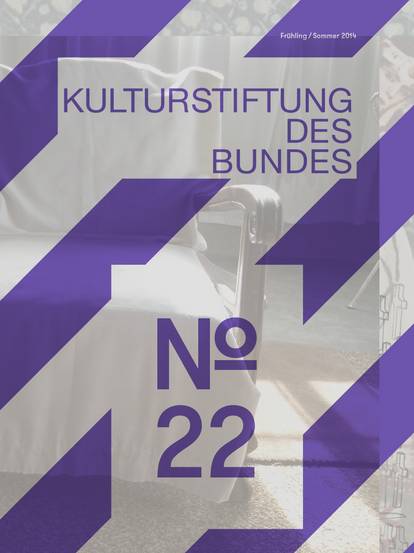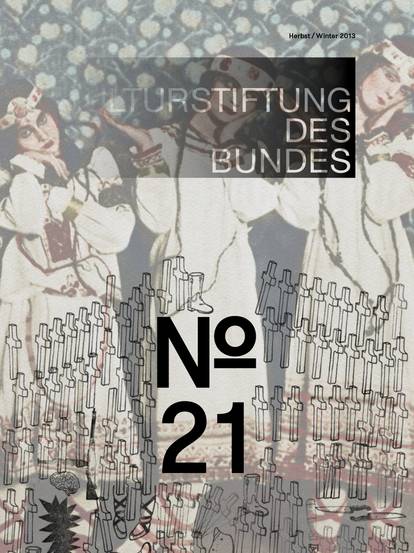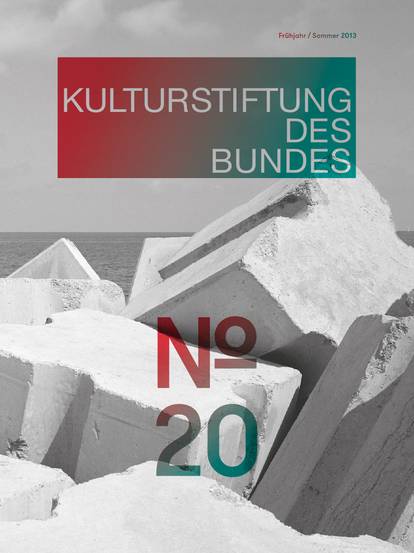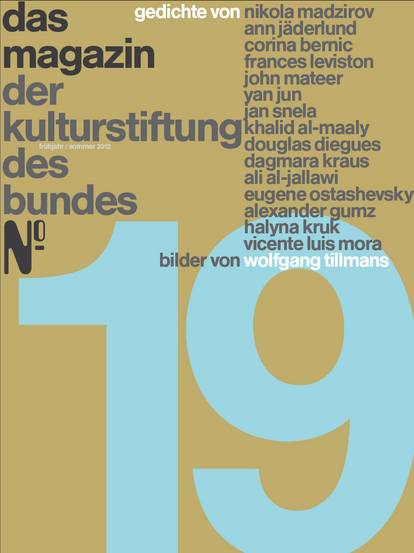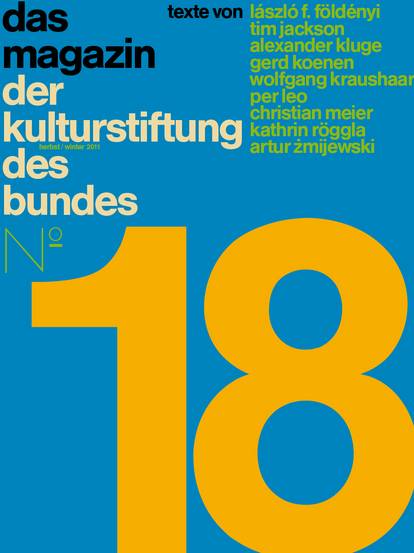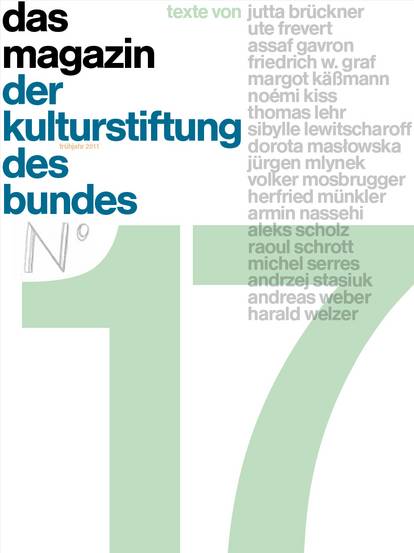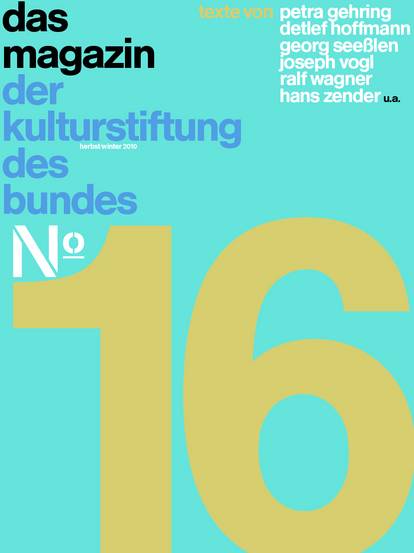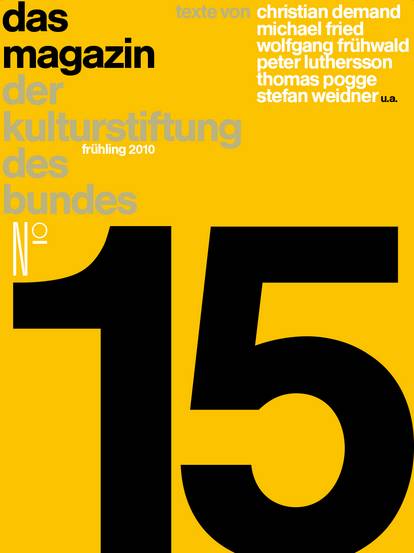Keren Cytter has no desire for moral imperatives that promote inviolability instead of conflict. But suddenly she finds herself in her own daydreams as an intrepid fighter for justice. A short story about hedonism and political reliability.
Two of the most common pronouns developed on social media during the throes of the pandemic were first-person plural confessions and second-person imperatives—the easiest ways to speak without commitment nor responsibility. Limited and rigid vocabulary constructed a world of choleric commands, collective confessions, rebukes, and undisputed conclusions. Luckily, there were no conflicting instructions, leaving me unconfused. Everyone I follow appeared to think and echo the same things.
Once the world was a theater and the viewer tried to understand the plot, now the visitor is a performer and the world around him tries to follow his next step. I always thought I was right and everyone was wrong, so I did not feel a need to speak in plural. At the onset of the pandemic, I was in disbelief at the close-to-unanimous decisions of countries to close their borders, force their citizens to shut down their businesses, and quarantine. Never did I believe that the left would agree to support the closing off of borders and yield to the collapse of developing countries to starvation. Nor did I believe that the right would sit still for an economic nosedive, and when it happened, I did not believe it would last that long.
Early in the pandemic, my lifestyle remained unchanged. For the past twenty years, I have spent the majority of my time at home, writing and drawing. My immediate company is my cat, and the phone. My slippers wear out faster than my sneakers. All of my exhibitions have been scheduled to open at the end of the year. Even so, what is the point of having exhibitions when everyone is so stressed-out about reality? Upon discovering the cancelation of transatlantic flights and the European Union’s barring of travelers from the United States, my arrogance was replaced with worry (am I the only one who thinks the world is fragile?). I had planned to travel from New York to Berlin in April, and spend my summer there. Instead, I now had to remain in the United States.
Jackson Heights, in Queens is the most diverse neighborhood in the United States. I loved living there. I shared an apartment with two roommates - one Colombian and the other Dominican. The Colombian did not believe in the existence of the virus yet feared it all the same. Attached to his mask was a plastic purifier that he would justify due to our location in Queens - the borough with the highest number of coronavirus cases in New York. Immediately upon returning from essential errands, for which they left clad in masks and gloves, my roommates would run straight to the bathroom, washing their hands while singing to pass the twenty-two seconds.
New York is the city with the largest number of millionaires in the world. Many of my friends still live at the expense of their parents—intellectuals in their thirties, full of romance, ideals, and guilt, who are devoted to every political phenomenon. On May 1st, they set out in tandem to march, and became pillars of the Black Lives Matter demonstrations. Their sheer lack of financial pressures, or selfdiscipline, insured their performative gestures on social media. Rising in inverse proportion to that of self-criticism was self-confidence. (Can self-confidence truly exist without self-criticism? Or, are these performative gestures in fact a concealment of great insecurity?) Their posts, consisting of copy-pasted second-person imperatives enhanced with anger, automatically dismiss any form of counterargument as immoral. If I were to have been a stranger, I would have perceived them to be prophets of wrath or intellectuals with social authority and extensive political connections (the latter may be true, actually). But as I knew them to be gentle, hedonistic, and sociable people, their conduct on social media resembled to me tantrums of grownup babies.
I left the United States on the first day of the Black Lives Matter demonstrations. I moved to Netanya, Israel, with my parents. It was a wise decision - my parents cooked every day, washed my clothes, and drove to visit my sister, nieces, and nephew. Their seaside apartment helped me deepen my tan and eliminated my financial expenses. I thought that there's no choice but to stop all businesses and use of public transport until the number of patients drop, the borders would open and I could renew my plans to visit Europe.
Social media in conjunction with isolation have aggravated the gap between the non-physical presence of users and the utilization of their bodies as political performers. The segregation between Whites and Blacks has grown because the demand for greater principles has created a division through rigid definitions regarding race, sex, and gender.
After a while, I erased my enthusiastic and petty chatter in my mind for the common good, enlisting in the contemporary fight for justice. I pictured myself angrily lecturing at acquaintances, friends, and strangers, signaling my virtues, leaving them all stunned by my great sense of justice, and thanking me for showing them the way. Professionally, I did not know what to do—what the next script will look like?—nor did I know how this text should be written. Art did not appear to be needed in these pressing times. Any tone other than one of authority was irrelevant. If I muster up the courage to address any issue other than social justice, it would be deemed a sin.
I sat at the computer to write and before I could open a new page, I coughed. Why did I cough? I had something in my throat. I coughed again but it only heightened the awareness of something in my throat. I coughed some more. I realized then that these would be my last words. I was filled with grief for my parents, my life, and my untimely death. I imagined one of my friends challenging my morals (or maybe I found a flaw in his own actions?) and began to think of a way in which to rebuke him. I chose an angry opening sentence, adding, “and to be honest…”, but before I could go on, honesty took over me, digging into me, mercilessly, like a disease. I coughed again, blushing from suffocation, or was it shame? The orders lengthened to explanations, the excuses became confessions and reverted back into excuses, and the deadly cough became a cough of embarrassment. I did not know if I had lost or found my voice, but I continued to write calmly and confidently, at length, without authority and in the singular first-person.

![[Translate to English:] Magazine 38](/fileadmin/_processed_/f/1/csm_Magazin38_Cover-Vorschau_921x1230_689f428dc3.jpg)
![[Translate to English:] Magazine 37](/fileadmin/_processed_/b/c/csm_Mag37_Cover-Vorschau_921x1230_b5129fdb2a.jpg)
![[Translate to English:] Magazine 36](/fileadmin/_processed_/2/a/csm_Cover_Magazin36__issuu_2f3cef97bb.jpg)
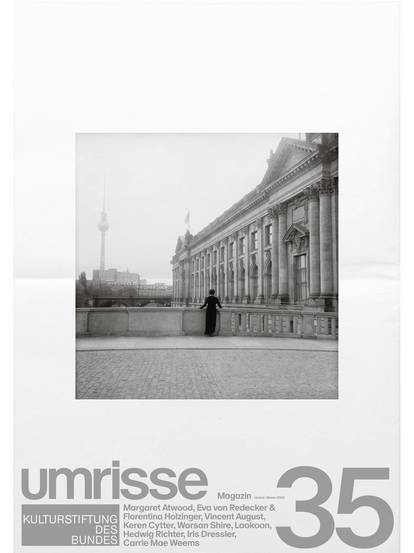
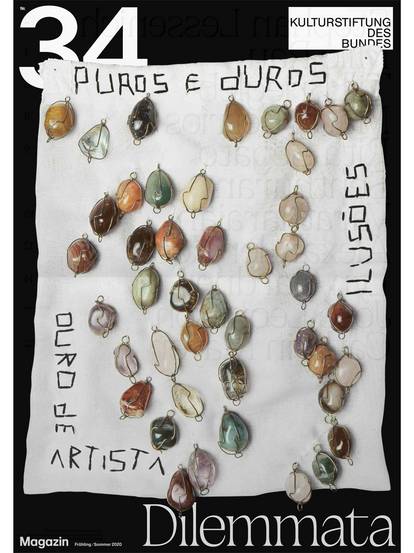
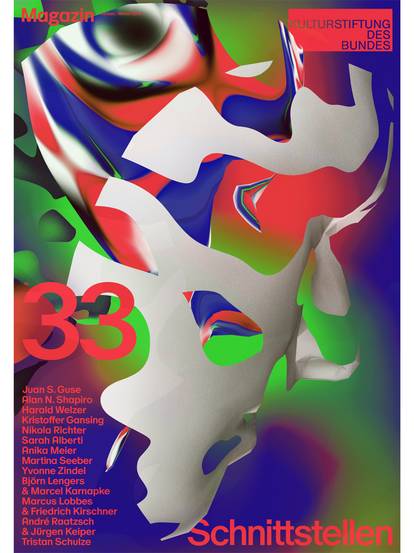
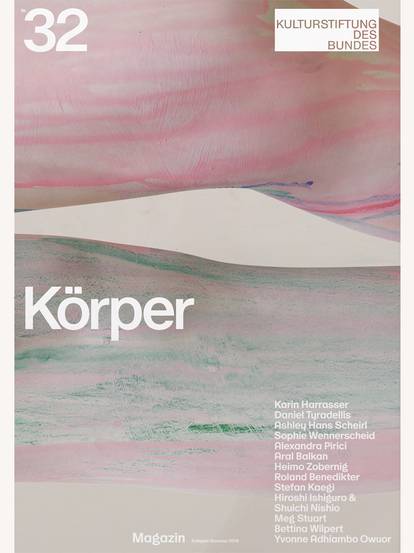

![[Translate to English:] Magazine 30](/fileadmin/_processed_/c/b/csm_magazin30_vorschau_9005f773d3.jpg)
